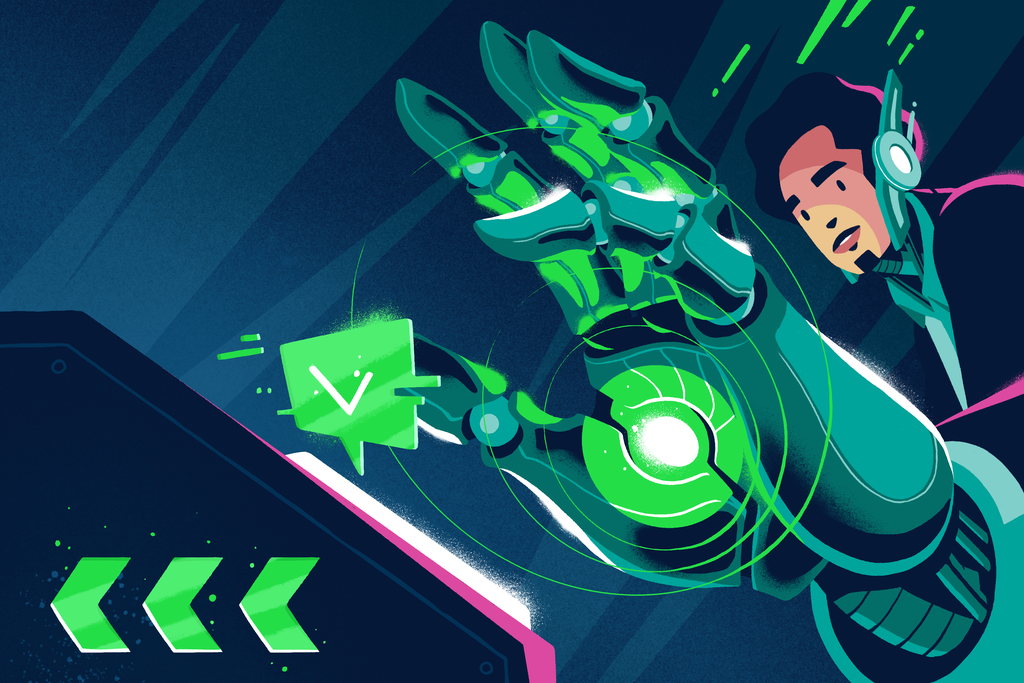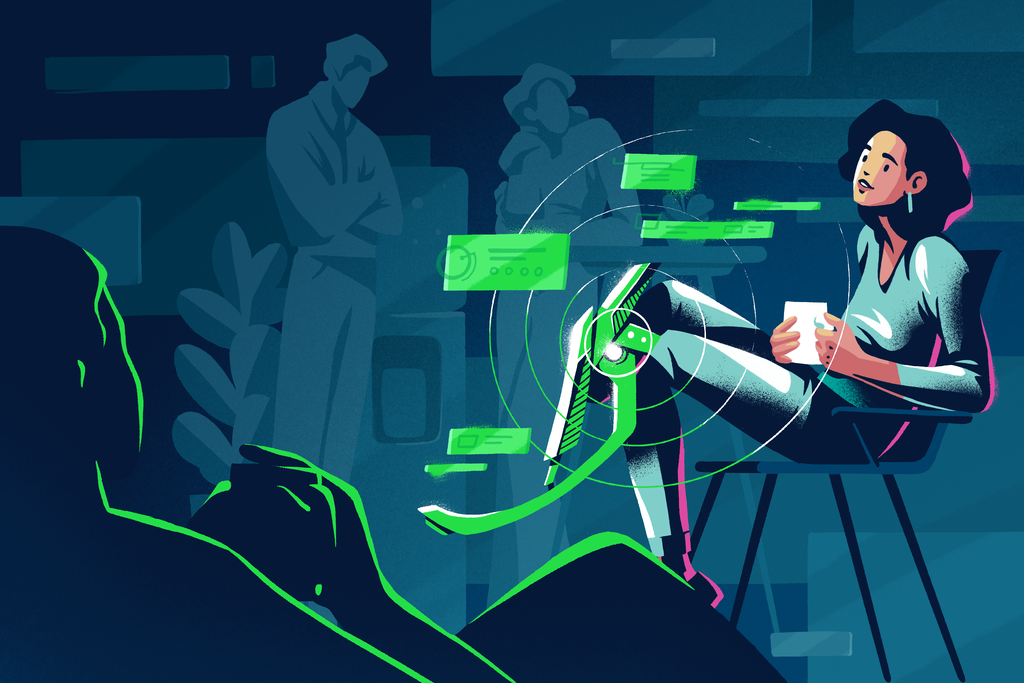
Far from science fiction, human augmentation has long been with us, from prosthetic limbs to hearing aids to pacemakers. As augmentation gets more sophisticated, most agree the greater independence it can give many, such as ill or disabled people, is worth celebrating.
But what about augmentation that makes ‘super humans’ or implanted identification or payment tech? What ethical limits and security standards do human augmentation technologies need, and how should business be part of the change?
In my role as director of global research and analysis (GReAT) in Europe for Kaspersky, human augmentation is one of the most exciting and challenging topics I delve into. I was proud to take part in the Kaspersky-hosted conversation about the future of human augmentation as part of the Internet Governance Forum (IGF) conference 2021 with leaders who create, secure and regulate human augmentation. Here’s what we said about how business can prepare for human augmentation’s future.
1. Realize human augmentation will become mainstream fast
Ilya Chekh, CEO of affordable artificial limb makers Motorica, spoke of how plastic surgery began as a way to repair war injuries, but was fast adapted for cosmetic use. This shows demand to ‘improve’ an undamaged and fully mobile human body is inevitable.
I said we must stop thinking of augmentation as niche and see it as an essential part of future human lives. “We have important challenges to solve today, technologically and for society. We need more standardizations, policies and regulations – not to limit, but to shape this new world.”
Why recruit more neurodiverse talent?
Diverse workforces win the day
To bring more diverse thinking to tech teams, make your recruitment and workplace policies fairer.
2. Give space to discuss concerns
Marcelo de Araujo, professor of philosophy of law at Federal University of Rio de Janeiro (@profdraraujo,) said debates around COVID-19 vaccination show the prevalence of strong feelings about what could or should go inside our bodies, even for medical reasons. He stressed the importance of giving room to discuss concerns upfront.

Kaspersky’s research agrees concerns are common. A survey of nearly 14,500 people in 16 countries found most support human augmentation used for the good of humanity, but almost all had concerns about cybersecurity (88 percent) and many worried only the wealthy would have access (69 percent.)
Chekh of Motorica says his company already gets approached by people who want to remove a healthy limb and replace it with a prosthetic. “It’s a big ethical question. Another example: A client’s prosthetic arm was broken in an assault. Is the crime breaking someone’s device or arm? The prosthesis is part of their body for our clients – it’s not like a smartphone. We should address these ethical questions in the development process.”
3. Prioritize uses that reduce inequality
Tristan Vouga, co-founder and mechanics designer for powered exoskeleton creators TWIICE, believes augmentation technologies can vastly improve access for people with disabilities. But,
Augmentation technology is only ethical if it’s meant to reduce rather than increase inequality between people.
Tristan Vouga, co-founder and mechanics designer, TWIICE powered exoskeleton creators
To improve financial access to their powered exoskeletons, TWIICE lets customers hire the technology when they need it. They have also embedded considering of inequality and ethics in their process for choosing ideas to develop.
Jorge Quevedo is co-founder of Robotics Lab, which makes robots tailored for sectors like logistics and healthcare. He believes while we should prioritize uses of augmentation that help people, such as medical and mobility, it may be unwise to restrict other uses, because advances for any use will benefit all uses. He says instead, government funding and private sector investment should steer towards inequality-reducing augmentation uses.
4. Consider security early in the process
The first step to better security is not thinking about security when the product is done and ready to ship, but instead, as early as possible in the development process. I said, “When security isn’t considered upfront, we see easily avoided mistakes. For example, many IoT devices lack a way to update, so there’s no way to correct a problem.”
I believe businesses must involve the right expertise to understand their security needs, and it needn’t be a struggle. “Security is a huge global community – you’ll find someone near you.”
Quevedo of Robotics Lab said with the speed augmentation technology is progressing, we shouldn’t wait for the technologies to cause problems before we put security protocols in place.
5. Get involved to help regulators make better regulation
Eva Kaili (@evakaili,) Chair of the European Parliament Committee on the Future of Technology and Science, says good regulation would ensure human augmentation technologies don’t harm society while not restricting technological development.
We’re developing ethical frameworks for these technologies, but there’s potential to use them today. So we must move faster. We need common, minimum standards that respect a principled base instead of red lines and strict obligations.
Eva Kaili, Chair, European Parliament Committee on the Future of Technology and Science
Kaspersky research found widespread support for regulation of human augmentation: As high as 77 percent of respondents in the UK.
But Professor de Araujo advised countries must work together to regulate fairly. “Perceptions around human augmentation vary between countries and change over time. We see lots of ethical questions revolving around the role of the state. We need international cooperation.”
Vouga thinks diverse viewpoints make for the best regulation. “I’d love to see more people get involved. As we step into a future radically different from now, artists, policymakers, business – everyone needs to take part.”
I agreed with Vouga, adding, “It’s clear these technologies are essential for our future, but to ensure more including than excluding technologies, all of us together must shape this future.”



